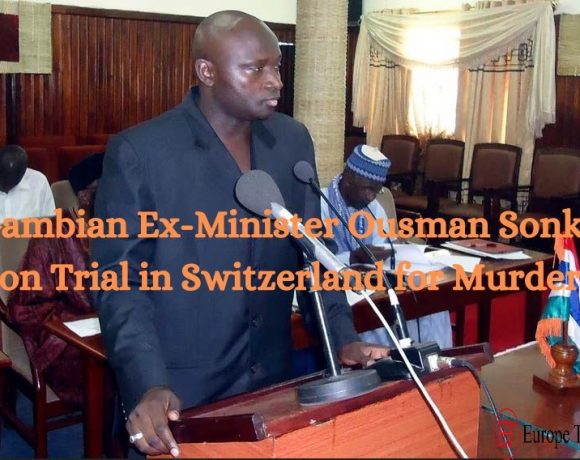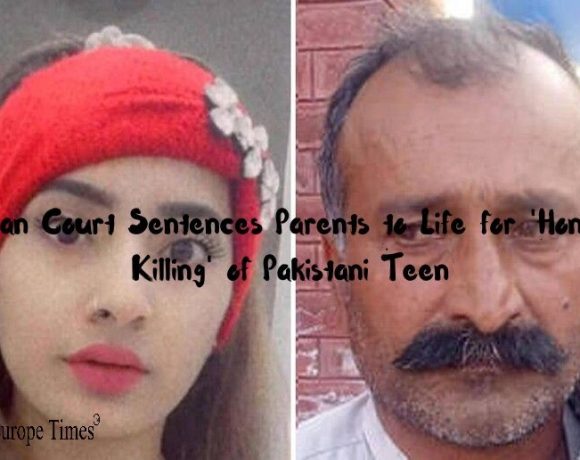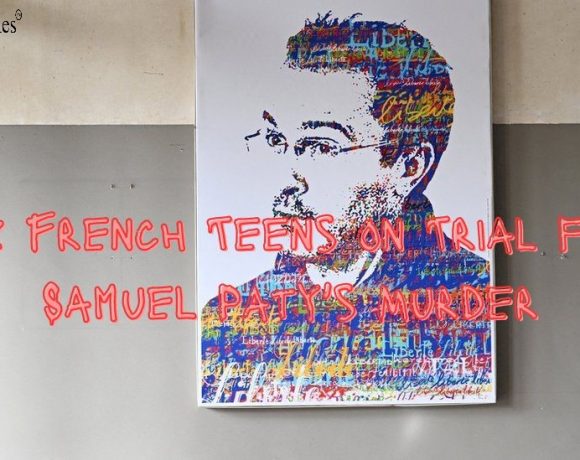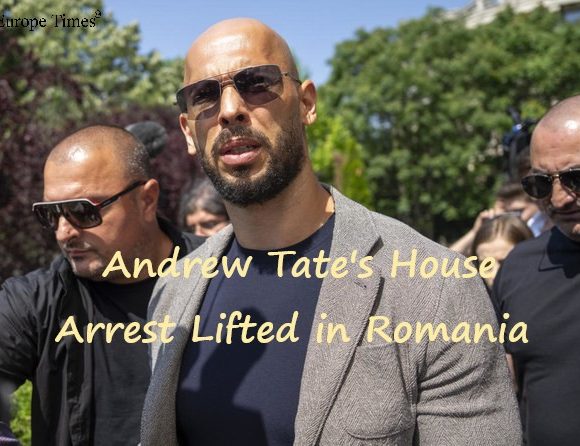
A former interior minister from The Gambia, Ousman Sonko, is facing trial in Switzerland on charges of crimes against humanity. Sonko fled to Switzerland in 2016, just before the fall of Gambian President Yahya Jammeh’s repressive regime. He is accused of involvement in killings, rape, and torture, with evidence presented by NGOs leading to his arrest. Sonko’s defense argues that he was not responsible, claiming the National Intelligence Agency was behind the alleged crimes and was not under his authority.
Switzerland is utilizing universal jurisdiction to prosecute the case, allowing countries to try individuals for crimes committed elsewhere. Sonko is the highest-ranking government official in Europe to be prosecuted under this principle. The trial is seen as a potential warning to repressive governments, emphasizing that they can be held accountable even outside their borders. The extensive charges against Sonko include ordering killings, torture, and rape against political opponents, potentially constituting crimes against humanity under Swiss law.
Swiss investigators gathered evidence in The Gambia, interviewing numerous victims and witnesses. The trial marks only the second instance of Switzerland using universal jurisdiction for crimes against humanity. Human rights groups believe it serves as a precedent for accountability. Sonko, who was a key figure in Jammeh’s regime, fled to Switzerland and claimed asylum, leading to his arrest after Trial International provided details of his alleged abuses. The trial is expected to last a month, with a verdict scheduled for March. Other countries are also pursuing cases against members of Jammeh’s regime, contributing to efforts for accountability in the face of widespread abuses during his rule.
Picture Courtesy: Google/images are subject to copyright





